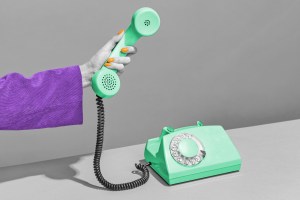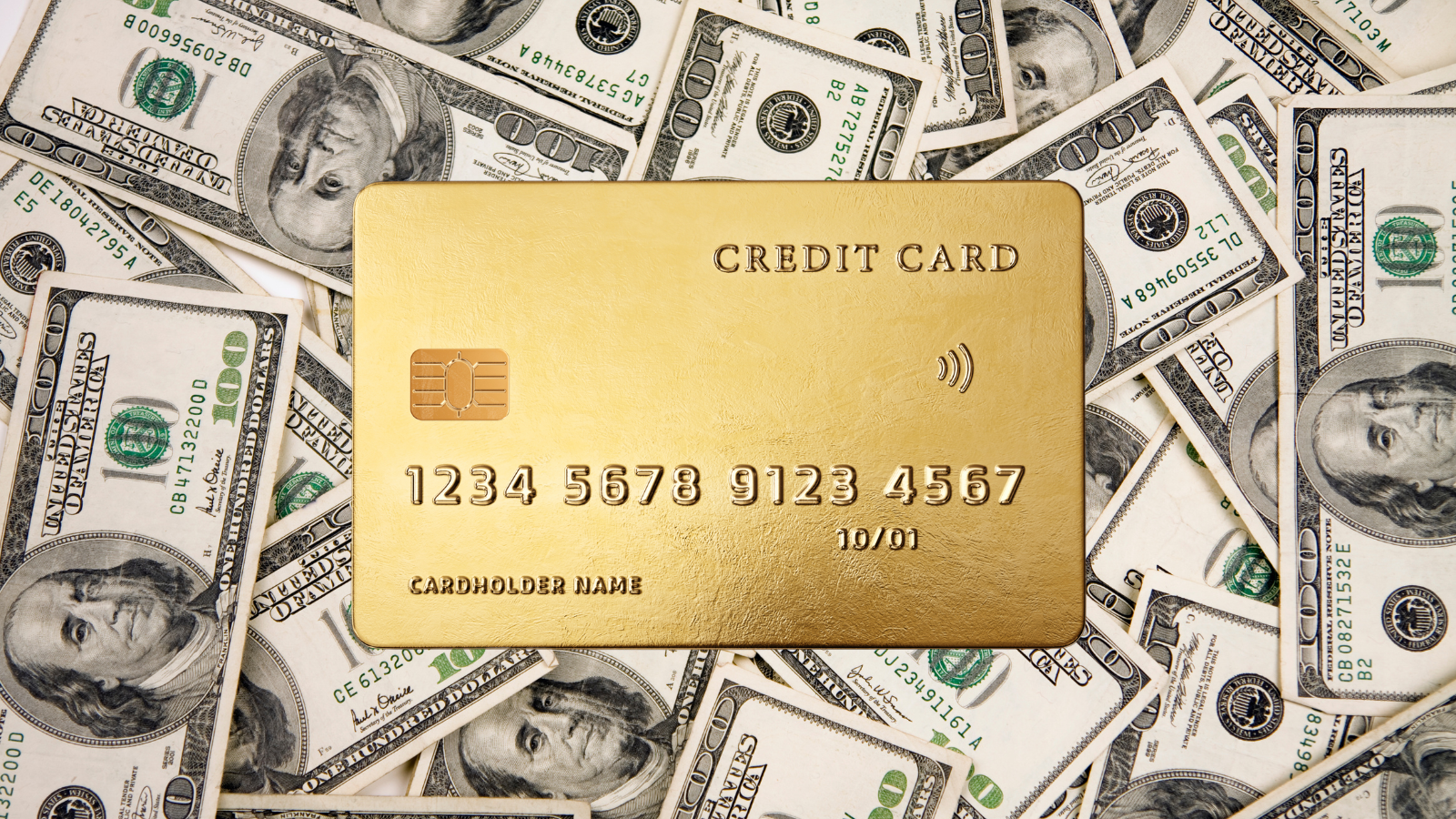
Pavlov and the Placebo Effect
Remember Pavlov’s dogs? Those test subjects were conditioned to salivate at the sound of a bell because they’d been taught to associate it with food, even once the food was no longer present. This process, known as classical conditioning, is an unconscious form of learning in which an automatic, conditioned response becomes associated with a specific stimulus.
Some researchers believe this same mechanism is behind the placebo effect: We associate pills, treatments, or rituals with recovery because past experiences have taught us to expect those things to result in healing. So when we take a pill — even a fake one — our brain anticipates improvement, which, in some instances, can trigger real physiological responses.
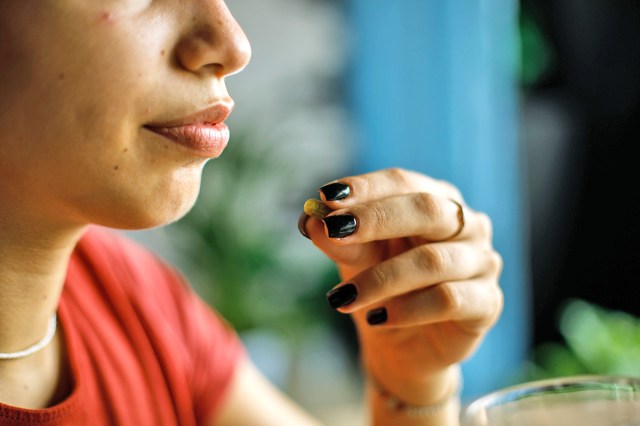
Why Do We Experience Real Results?
According to experts at Harvard University, the placebo effect is a complex neurobiological response. It isn’t any one thing but a combination of things, including an increase in certain mood-boosting chemicals such as endorphins and dopamine. It also involves increased activity in brain regions associated with mood, emotional reactions, and self-awareness. By triggering those reactions, the placebo effect can deceive the brain into responding as if healing is underway, resulting in a variety of positive impacts, including pain reduction, mood improvement, and the alleviation of other physical and/or psychological symptoms.
But how do those reactions result in symptom improvement? Well, take dopamine, for example, which is often referred to as the “feel-good” chemical. Studies indicate it can play a crucial role in alleviating chronic pain associated with certain diseases, and endorphins work similarly. Those chemicals, which are released during pleasurable activities, can help relieve pain, reduce stress, and improve your sense of well-being.
So when a placebo treatment triggers the release of those chemicals and they’re combined with increased activity in specific brain regions, it can produce genuine results.
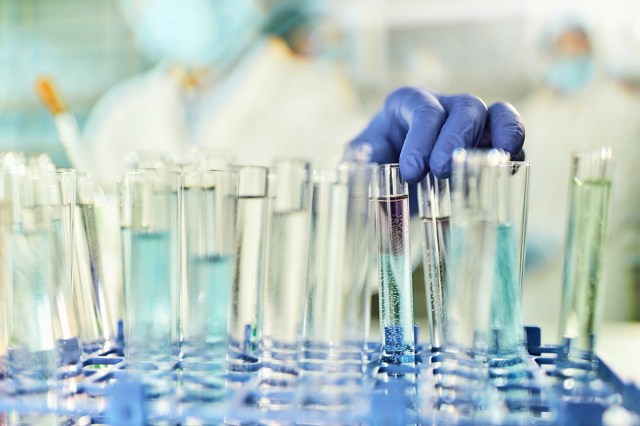
The Role of Placebos in Clinical Trials
Placebos are a cornerstone of medical research. When we think of the “placebo effect,” we most often think of drug trials. Typically, some participants receive the active medication, while others unknowingly take a placebo (usually an inactive sugar pill). This method allows researchers to isolate the effects of the drug.
In a notable study published in Science Translational Medicine, researchers examined reactions to migraine treatments using three test groups: One received a real migraine drug, the second received a placebo labeled as such, and the third received no treatment. The results were surprising. The placebo treatment was still 50% as effective as the real medication, even though participants knew they were taking a placebo pill. This highlights how the simple act of taking a pill can influence the brain and body due to classical conditioning — when we take a pill, we expect results.
More Interesting Reads
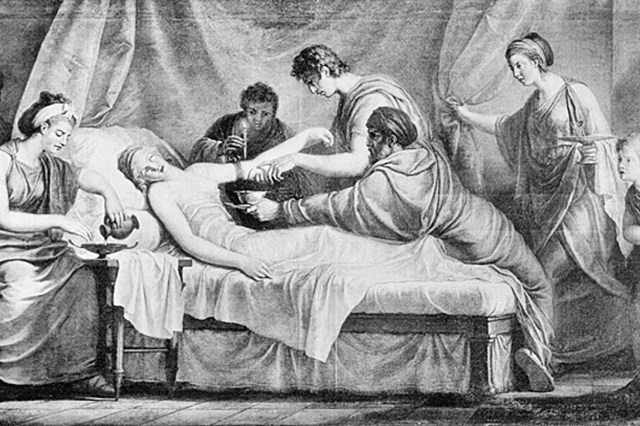
Placebos in Ancient Medicine
The placebo effect isn’t a modern phenomenon. For better or for worse, it has likely been influencing healing for centuries. Some experts believe this is why treatments that are now considered cruel or detrimental were used in ancient medicine. For instance, before the advent of modern medicine, treatments such as bloodletting (the practice of withdrawing blood to cure a person of various ailments) were common.
Today, we recognize such approaches are ineffective or even harmful, yet some patients who received those treatments reported feeling better afterward. How? The belief that they were receiving help likely triggered the placebo effect, prompting real improvement through mental and physiological pathways.
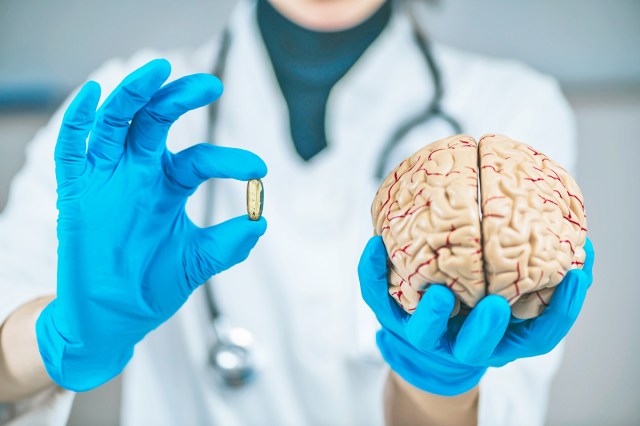
The Limits of the Placebo Effect
The placebo effect is powerful, but it’s not a cure-all. It can’t shrink a tumor or reverse chronic diseases such as diabetes, but it can reduce symptoms for certain conditions, especially those involving pain, perception, or emotion. Placebos have shown success in managing migraines, arthritis and joint pain, asthma, high blood pressure, and depression. In those cases, the brain’s role in processing discomfort or distress related to the condition renders it more responsive to a placebo, resulting in real benefits for some patients.

More Than Sugar Pills: The Power of Placebo Sleep
Placebos aren’t limited to pharmaceuticals: They’ve also helped cigarette smokers kick the habit, reduced cellphone addiction, and even improved athletic performance through fake performance enhancers. One particularly intriguing example of the placebo effect is “placebo sleep.”
Research from the Journal of Experimental Psychology found that the perception of a good night’s sleep — regardless of the actual sleep quality — impacted cognitive ability. In the study, participants first reported how well they felt they slept the night before, and then were told one of two things by researchers who hadn’t actually measured their sleep quality: “You slept better than average” or “You slept worse than average.” Participants then performed various cognitive tests.
The results supported a placebo effect. Participants who were told they slept well (even if they didn’t) performed better on cognitive tasks such as problem-solving, attention, and language processing. Conversely, those who were told they’d slept poorly underperformed in those same tasks, even if they’d slept fine. In other words, just believing you slept well is, in some instances, enough to make your brain function as if you truly did. These results further support the notion that the placebo effect can have a tangible impact on our physical and mental health.



